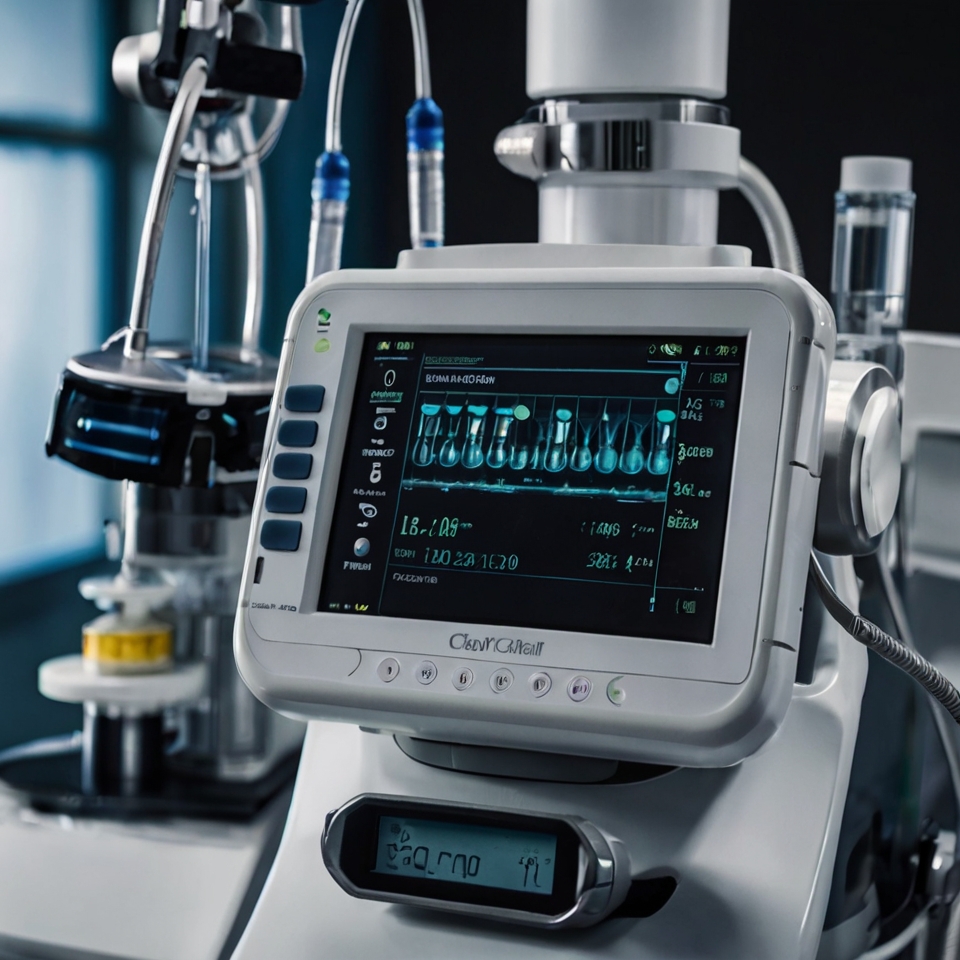The China Medical Device Market is projected to experience substantial expansion by 2031, fueled by innovation, government support, and increasing healthcare demands. With its rapidly growing healthcare infrastructure and aging population, China presents significant opportunities for medical device manufacturers worldwide.
Growing Healthcare Needs
China’s demographic shift, particularly its aging population, is a major driver of demand for medical devices. The elderly population, susceptible to chronic conditions such as diabetes and cardiovascular diseases, is growing at an unprecedented rate. As a result, there is a surge in demand for medical devices like diagnostic imaging systems, monitoring devices, and implants to cater to this aging demographic.
The Chinese government’s initiatives, such as the “Healthy China 2030” plan, have further catalyzed the growth of the medical device sector. This plan emphasizes preventive healthcare and improved access to medical technologies, driving demand for a wide range of devices, from basic equipment to advanced surgical tools.
Role of Technology in Market Expansion
Technological advancements have played a pivotal role in the rapid growth of the China Medical Device Market. AI-driven devices, smart wearables, and robotic surgery systems are gaining popularity among healthcare providers. These technologies improve diagnostic accuracy, surgical precision, and patient monitoring, leading to better health outcomes.
Moreover, the rise of telemedicine and digital health platforms has increased the demand for connected medical devices. As more patients opt for remote consultations, there is a growing need for devices that can transmit real-time health data to healthcare professionals, ensuring accurate diagnosis and treatment without in-person visits.
Wearable medical devices are also seeing significant growth in China. From fitness trackers that monitor heart rates to glucose-monitoring systems for diabetes patients, wearables are helping individuals manage their health more effectively. As wearable technology continues to evolve, its role in preventive healthcare and chronic disease management is expected to expand.
Challenges and Market Opportunities
While the China Medical Device Market presents numerous opportunities, companies entering the market must navigate complex regulatory landscapes. China’s regulatory framework for medical devices has undergone significant reforms in recent years to align with international standards. These reforms have streamlined the approval process for new devices, but foreign manufacturers still face challenges in adapting to local regulations.
However, China’s healthcare reform initiatives present immense potential for growth, particularly in underdeveloped regions. As healthcare infrastructure improves in tier-2 and tier-3 cities, the demand for affordable medical devices is expected to rise, creating opportunities for manufacturers targeting these emerging markets.
Additionally, the shift toward domestic production is an ongoing trend. The “Made in China 2025” initiative encourages local manufacturing of medical devices, reducing reliance on imports and fostering innovation among Chinese manufacturers. This initiative has led to increased investments in research and development, as local companies aim to produce high-quality devices that meet global standards.
Future Trends
Looking ahead to 2031, personalized medicine is set to be a significant growth area in China’s medical device sector. With advancements in genetic testing and biomarker research, medical devices will increasingly be used to tailor treatments to individual patients, improving the efficacy and precision of healthcare.
AI and machine learning are also expected to play a critical role in the future of medical devices. From predictive diagnostics to automated treatment planning, these technologies will enhance the capabilities of medical devices, making healthcare more efficient and personalized.
In conclusion, the China Medical Device Market is poised for impressive growth by 2031. With continued technological innovation, favorable government policies, and rising healthcare demands, the market offers significant opportunities for both domestic and international manufacturers to thrive.
